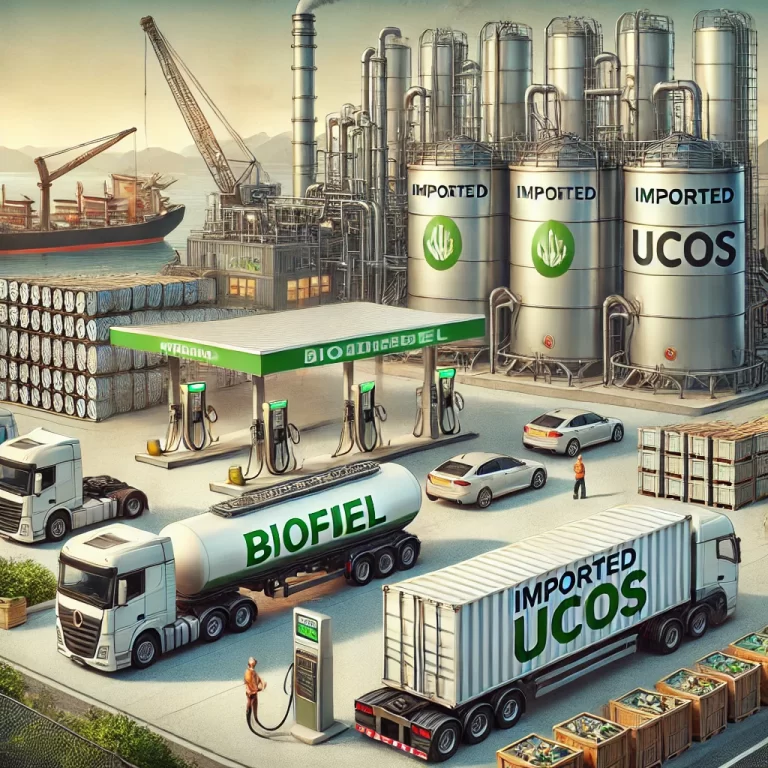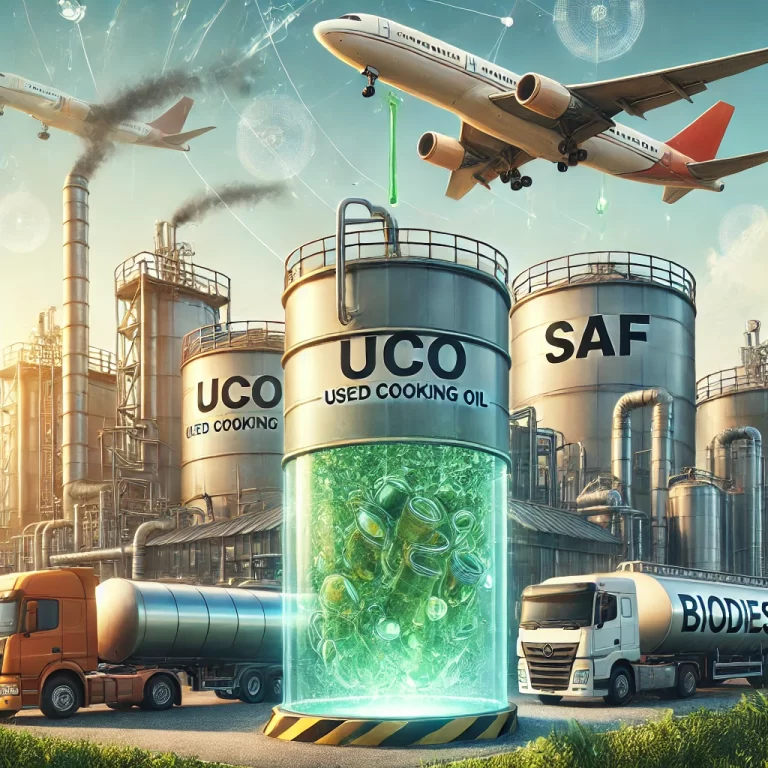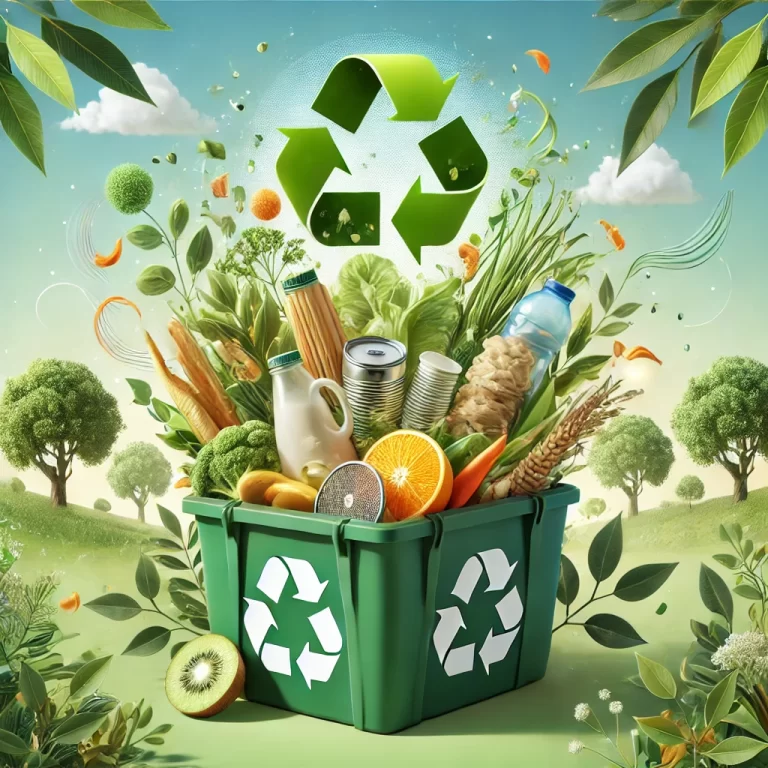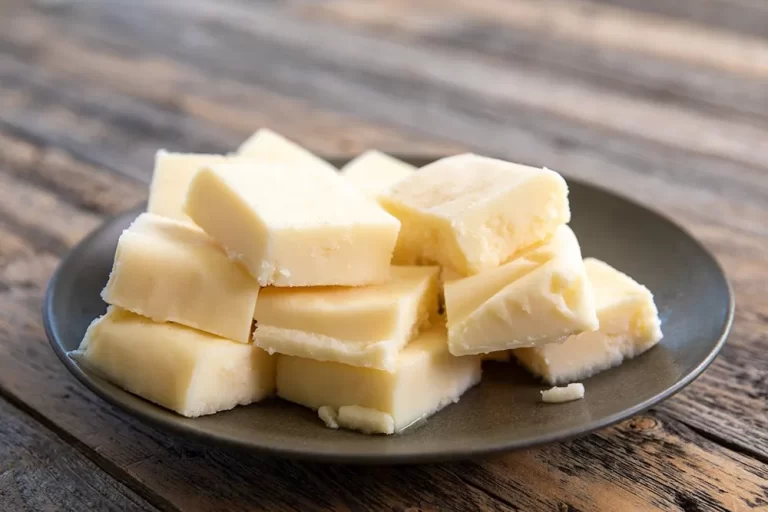
December 1, 2024
U.S. Senator Sherrod Brown (D-Ohio) has announced the introduction of a new bipartisan bill that would prohibit the use of taxpayer money to subsidise…

November 28, 2024
China’s ministry of finance and the state administration of taxation announced Nov. 15 that starting Dec. 1, the 13 percent export-tax rebate on used…

November 27, 2024
Under the Waste Framework Directive (WFD), the collection of biowaste will be mandatory in EU Member States from 1 January 2024 onwards. However, current…

November 25, 2024
In response to a request for information from the California Air Resources Board (CARB), the Renewable Fuels Association (RFA) is urging state agencies to…

November 23, 2024
UK-based SAF developer Firefly Green Fuels has signed an agreement with Sanepar, Brazil’s largest water and sanitation company, to increase its access to sustainable…

November 23, 2024
Bp Energy Spain has signed a strategic agreement with Spanish agri-food group MIGASA to supply up to 40,000 tonnes per year of non-food industrial…

November 21, 2024
Darling Ingredients Inc. announced on November 13th the development of DarLinQ™, the company’s newest, industry-leading innovation that utilizes advanced sonar and Bluetooth technology to…

November 16, 2024
Buffalo Biodiesel, a renewable energy company with operations throughout the North East, has announced that there were 96 UCO thefts in seven states between…

October 30, 2024
Indonesian chemical and infrastructure company Chandra Asri Group announced on 28 October that it has invested in TUKR, the waste cooking oil (UCO) collection…

October 29, 2024
Starting this November, Japan’s Suntory Group is set to introduce PET bottles made from bio-paraxylene, an innovative material derived from used cooking oil, for…




